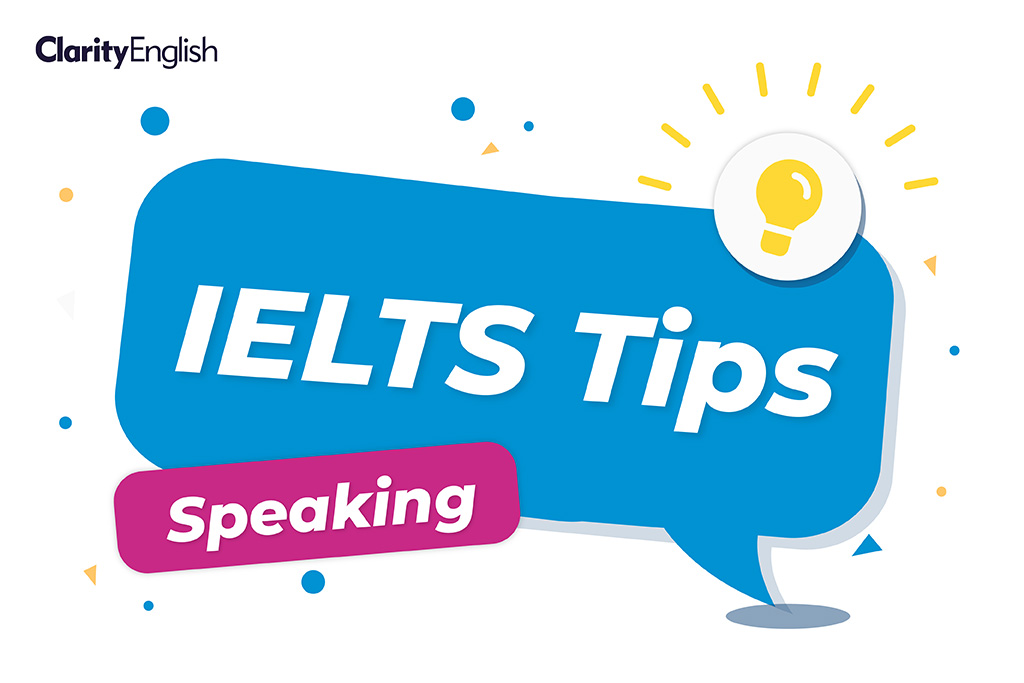Continuing our series of insights from IELTS experts, this month we focus on Speaking. Check back to the posts on Reading and Listening.
1. Check your tenses
TKS, IELTS Tutor, Singapore
In the Speaking test, the examiner will be checking your ability to use the correct tense. Look at the tenses in these questions and answers:
A: ‘Do you play sports?
B: ‘Yes, I do. I swim for the school team, and…’
A: ‘Did you play sports as a child?’
B: ‘Yes, I did. I swam for the school team, and…’
A: ‘Have you ever been in a competition?’
B: ‘Yes, I have. I’ve swum in my school team every year since…’
When you’re in the test, remember to listen carefully to the tense in the examiner’s question. The chances are you will use the same tense in your answer.
2. ‘I don’t understand!’
KR, IELTS Teacher, UAE
Don’t be afraid to ask the examiner to repeat the question if you didn’t hear it or don’t understand it. You are more likely to lose marks for not answering the right question than for asking to hear it again. Here are some example questions:
– I’m sorry, would you mind repeating that?
– I’m sorry, I don’t understand. Could you explain what you mean?
– I didn’t quite catch that. Could you say it again?
Learn these questions by heart.
3. Can I say ‘Yes’ or ‘No’?
SOL, IELTS Teacher, Australia
The worst responses you can give in the Speaking test are Yes and No. The examiner is not testing your knowledge; they are testing your ability to make a point and develop it. So even if you don’t know much about the topic under discussion, you need to give a full answer. Link your ideas with connecting words like also and however, or phrases like on a similar note and on the other hand.
Here are two examples:
– If you are asked whether you like music, you might say ‘Well, I don’t like modern music. However, I do spend a lot of time listening to classical music.’
– If you are asked if you have ever been to America, you might say ‘Yes, I have been to North America. I went to New York when I was five but I don’t remember much about it. On a similar note, I went to Africa last year; it was great!’
Neither of these statements has to be true.
4. A game to practise Speaking
KM, British Council Manager, Pakistan
When you are preparing for the Speaking test, it’s really important to improve your fluency. Here’s an idea that might help. Join with a few friends to practise for Part 2 of the Speaking test, which is the 1-2 minute talk. Each person writes a topic on a piece of paper, folds it up and puts it in a bowl. Then, one by one, you pick a topic from the bowl at random and talk about it for one to two minutes. The advantages of doing it this way are that you practise talking about a topic you’re not familiar with, and you have to talk in front of other people. You’ll probably find that the first time you try this exercise it’s really difficult, and that the more you practise the easier it gets.
Finally:
Watch this really useful British Council video on IELTS Speaking.
Why not download this handy fact sheet on IELTS Speaking?

